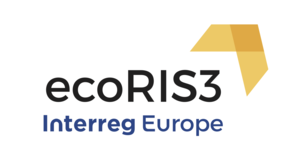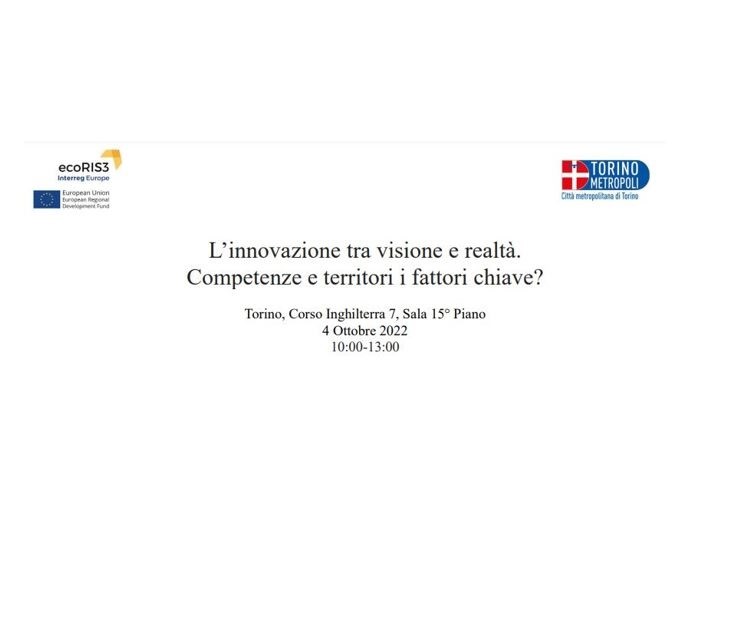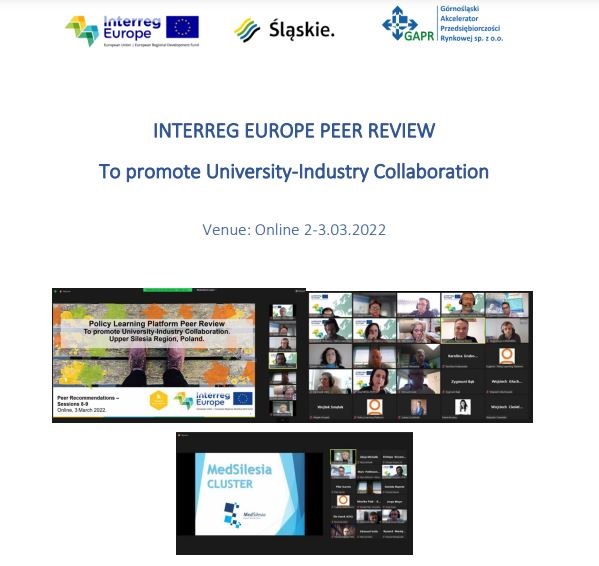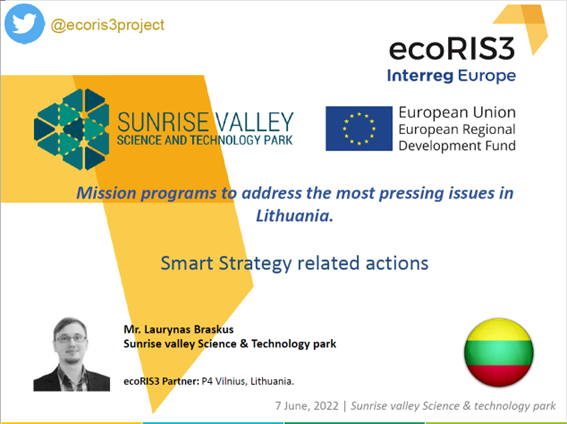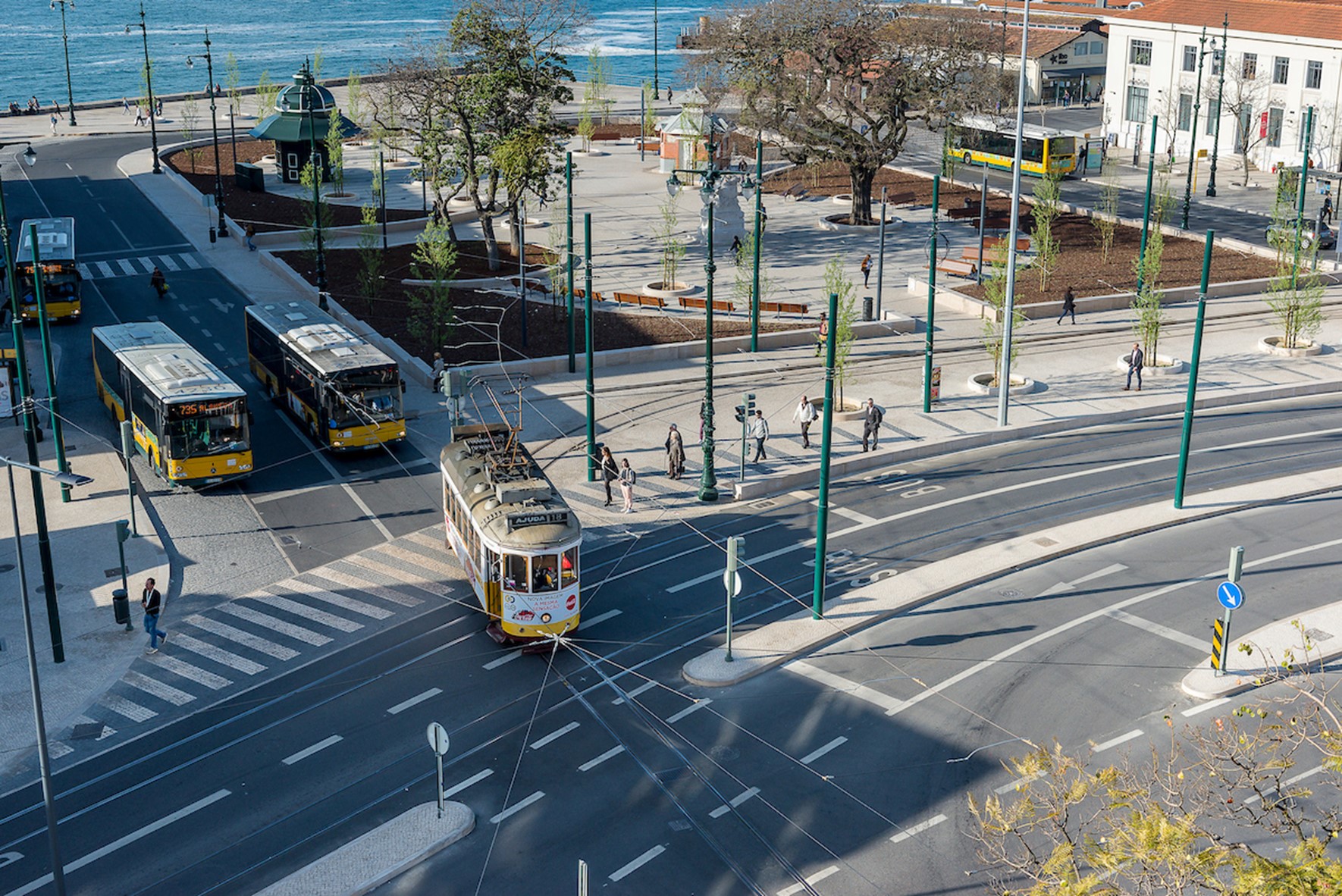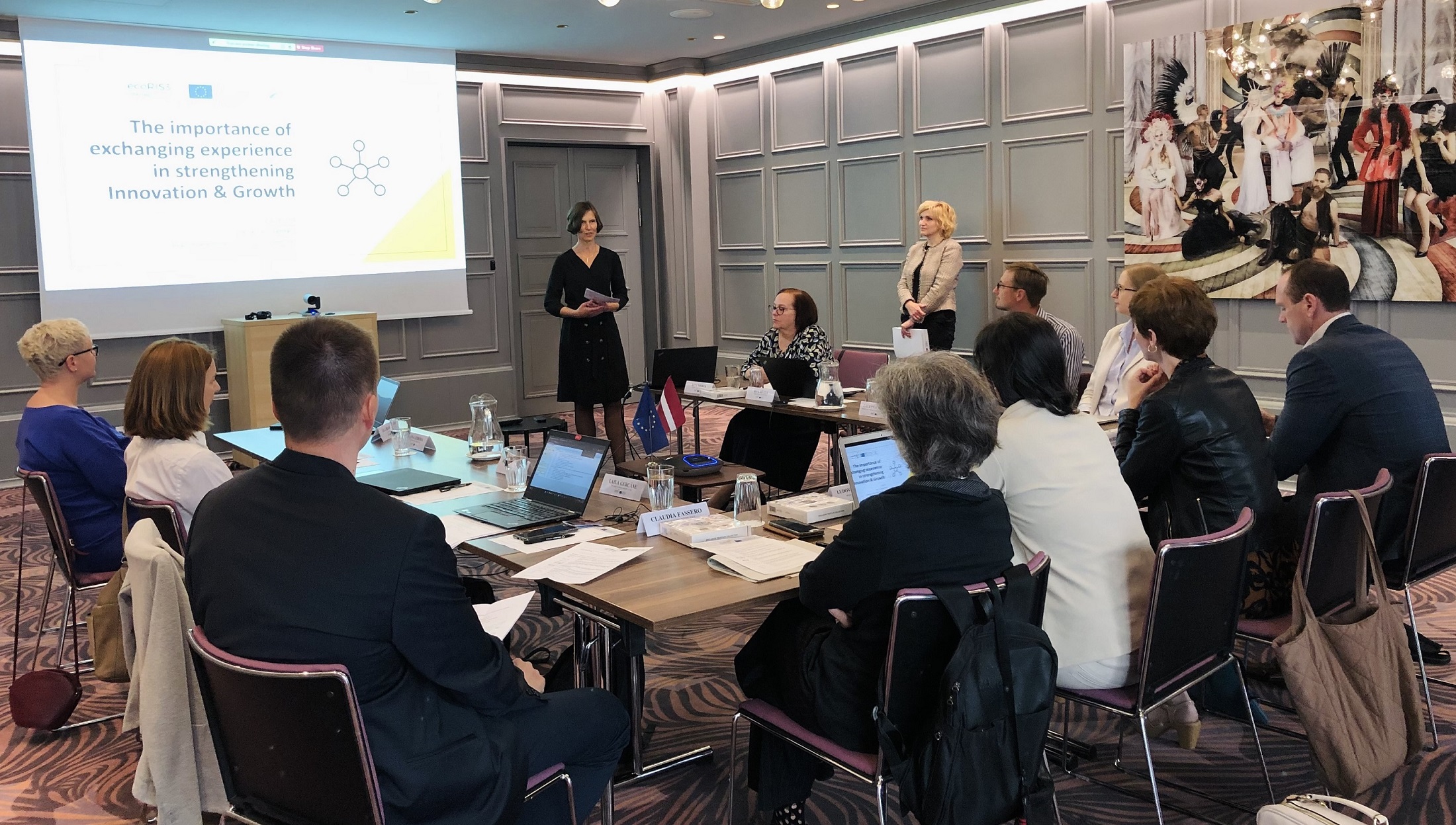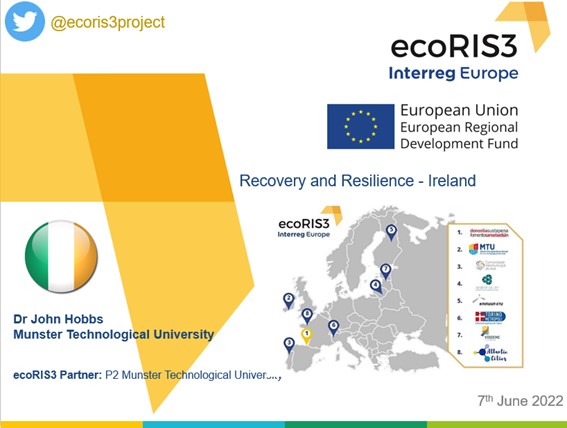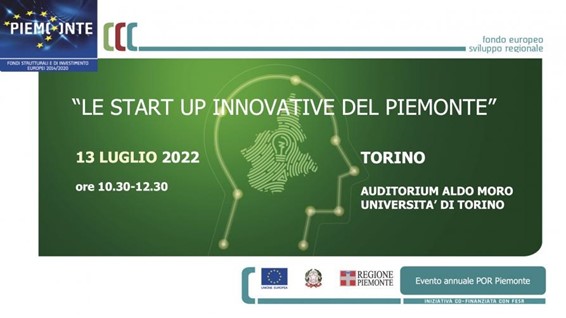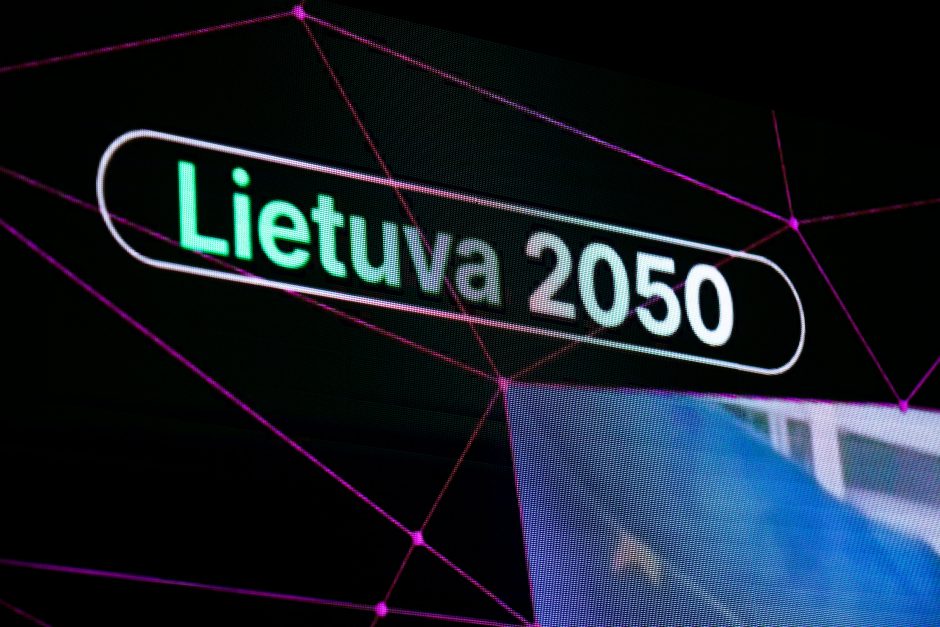Launched by the Municipality of Las Palmas, Las Palmas City of the Sea main goal is to tackle maritime pollution as well as population and business awareness concerning sea protection and the opportunities it offers.
To this extent, the main goal is to develop the City of the Sea 2030 strategy through innovative and concrete actions in the maritime environment, from the sustainability to the CO2 reduction by taking advantage of the opportunities the sea offers for the reactivation of the city.
In particular, increase local GDP through Blue Economy development aiming to double the added GDP value of maritime sector in 2020. Increase the value of GDP up to 4% (3.132 Million €).
The City of the sea it’s being implemented by coordinating public and private actions and by generating new spaces for private investment through different action plans.
Action plans are focused on boosting university research programs on climate change impact and sea protection as well as educational school children programs; on promoting sustainable activities linking the sea to citizens and local business (i.e. sports and sea); on creating new business opportunities towards innovative sustainable maritime sector (i.e. New Aquarium poem of the sea, launch the first accelerator focused on the sea and technology, a Marine Perk and a sustainable sports center).
The target is to open the city to the sea by involving public and private business, universities and citizenship.

The City of the sea is founded by the City Council of Las Palmas, but also it counts with funded activities by EU programs (such as COSME, H2020, Civitas, Erasmus+…), agreements with Higher Education Centers such as London School of Economics, as well as with the regional government.
The city department of City of the Sea counts with a budget of 8 Million € for 2018, it means an increase of 114% regarding 2014 Budget, the year of its creation. Further to this, other departments address 2 Million € to this project.
Taking up the opportunities the sea offers, employment creation and richness have allowed to transform the city into an innovative city, a smart blue city.
This means firstly, democratize the sea: every year takes place educational and rising awareness activities through the program “Live Beach Educate” where more than 4.000 scholars took part; as well as activities which promote the sea are developed: maritime activities such as nautical sports or explanatory walks along the coast. At this activity more than 200.000 people took part. Secondly, boost growth and employment: more than 13.000 jobs creation linked to the sea in the city. And finally, Guarantee sustainability: reduce carbon footprint in all public services and infrastructures linked to the sea by 2030 and develop digital monitoring of waves movements and sands in the coastline.

At government level some challenges were found, due to the lack of harmonisation of regulations for blue economy growth. Also, it was found a lack of local resources to foster public policies co-creation.
This initiative is focused in more innovative sustainable models linking the sea to the city, thus this model can be transferred to other coastal cities by bringing together maritime business, citizens and research institutions; by drafting activities program addressed to link citizens to sea under sustainable principles; by promoting maritime prevention, through universities innovative research models applied to sustainable maritime models.
